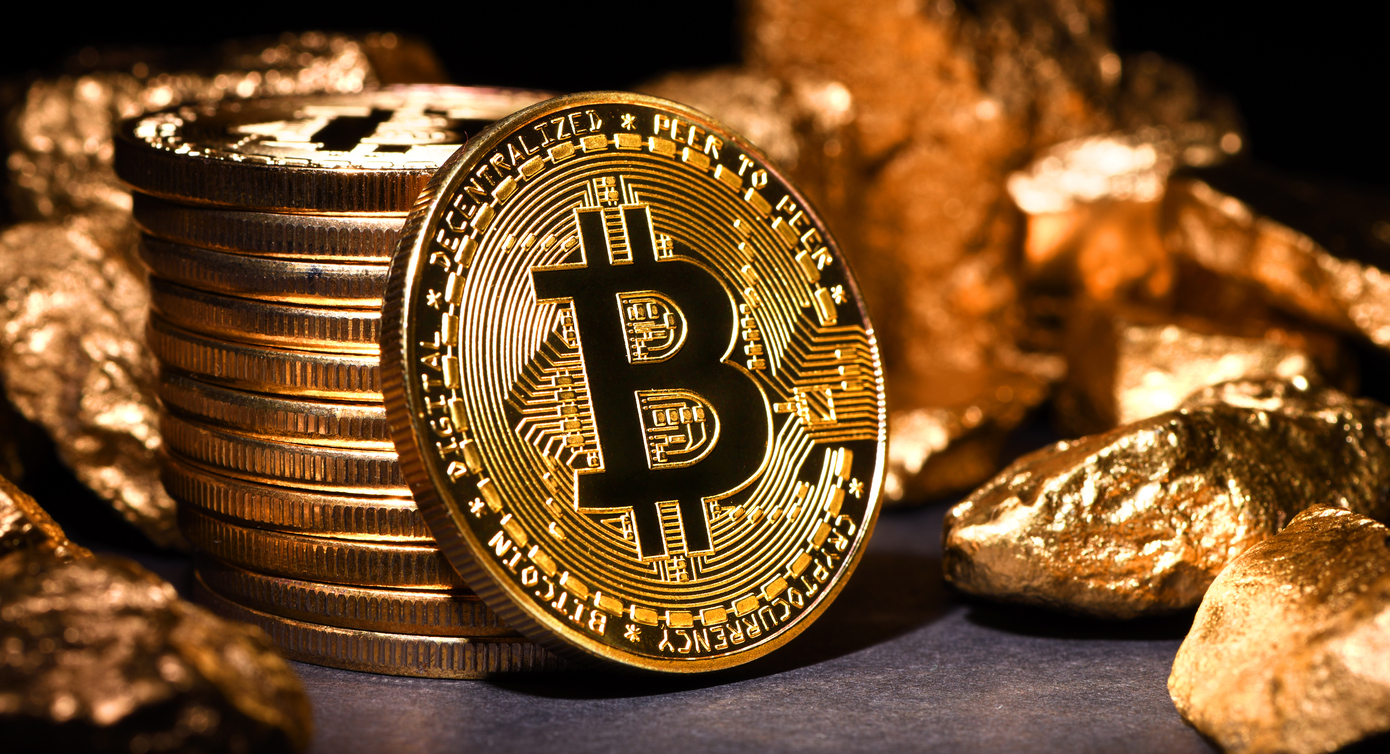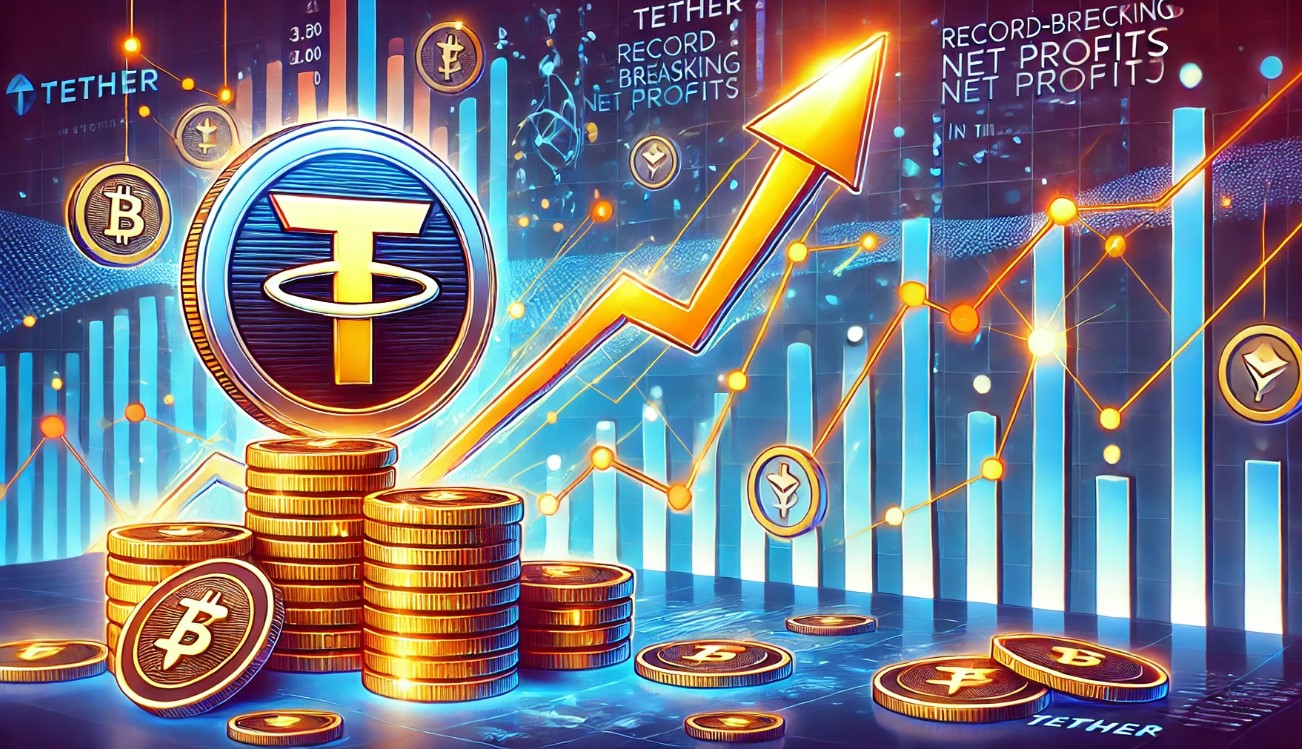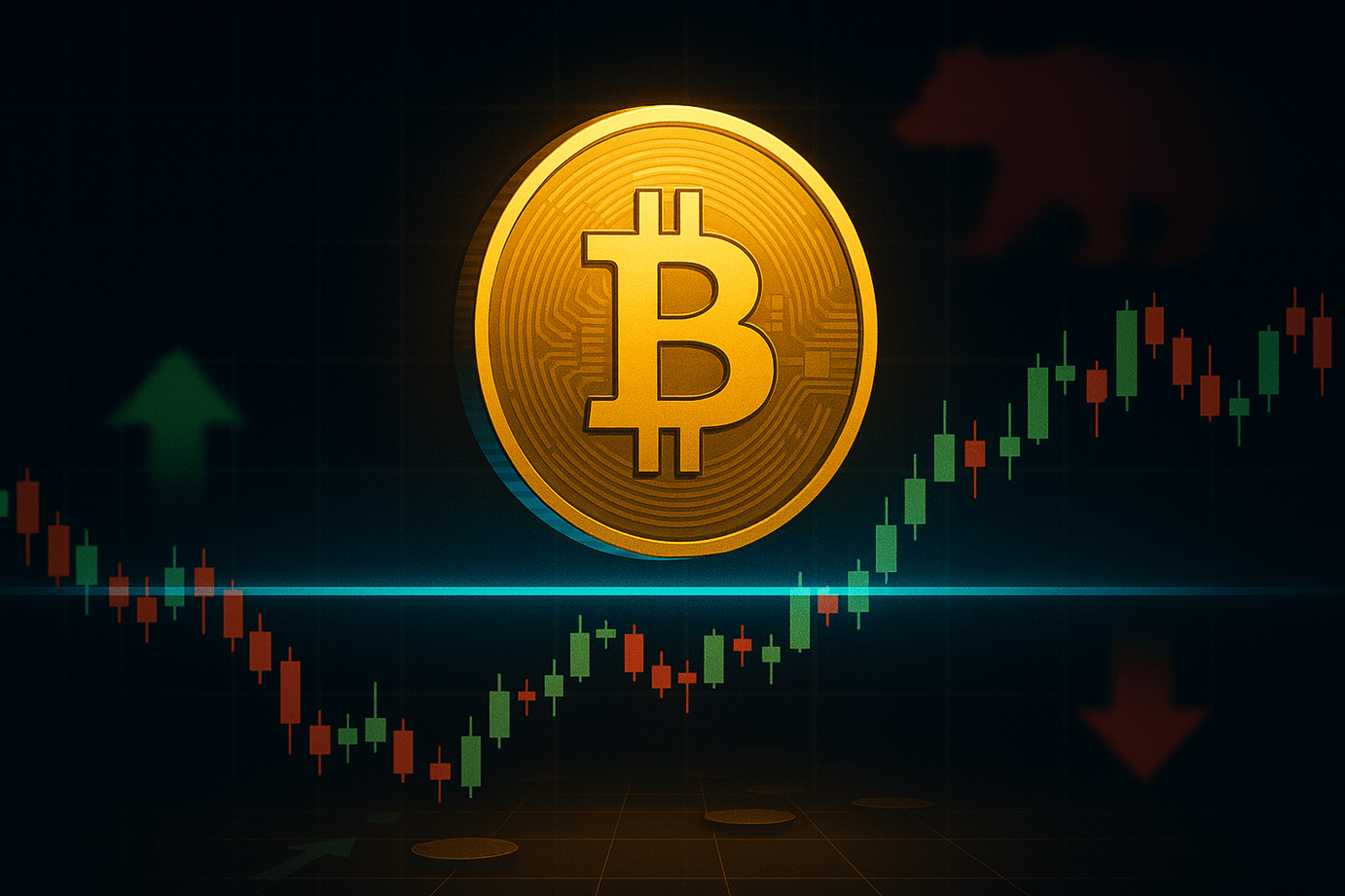On August 1, Hong Kong authorities launched a extremely anticipated regulatory framework focused at overseeing fiat-based stablecoin operations within the Asian nation. While this regime could also be thought-about stringent by mandating extra necessities for stablecoin operators, the federal government’s recognition of this class of digital belongings seems extremely encouraging for traders.
Hong Kong Fintech Raise Over $1.5-B To Fund Stablecoin, Crypto Business
According to a latest Reuters report, Hong Kong’s new stablecoin regime has sparked a wave of fundraising exercise amongst fintech corporations. Notably, the Asian nation now requires all intending stablecoin issuers to acquire a license from the Hong Kong Monetary Authority (HKMA). Meanwhile, current companies have been granted a six-month transitional grace interval.
Beyond licensing, Hong Kong’s new stablecoin laws are anticipated to additionally cowl different operational areas, together with reserve asset administration, anti-money laundering measures, and redemption techniques and so on. Following the enforcement of this new regime, Reuters studies {that a} minimal of 10 listed Hong Kong Fintechs have raised $1.5 billion by way of share placements with intentions of investing in stablecoins, blockchain fee techniques, and common cryptocurrencies.
A outstanding firm on this group is the digital asset and blockchain firm OSL Group, which has now accomplished $300 million of fairness financing in late July. Other notable names embody Dmall Inc. and main AI firm SenseTime Group.
Asian Markets Spurred On By Trump’s Pro-Crypto Momentum
In different information, Bloomberg studies that latest regulatory and funding actions in Hong Kong and different Asian markets may be linked to US President Donald Trump’s steady efforts to construct a crypto-friendly surroundings within the US. On July 18, Trump signed the primary main US digital asset regulatory invoice, i.e., the GENIUS Act, aimed toward creating a reputable regulatory framework for stablecoins.
Aside from Hong Kong, nations corresponding to South Korea, Malaysia, Thailand, and the Philippines are experiencing excessive ranges of curiosity in Asian-pegged stablecoins regardless of issues of capital outflows. This is as a result of nearly all of stablecoins valued at $256 billion are nonetheless pegged towards the US greenback.
In taking South Korea as a case pattern, Bloomberg states that transactions involving USDC, USDT, and USDS on Korean exchanges reached about 57 trillion gained ($41 billion) within the first quarter of 2025 alone. In resolving this potential problem, the ruling Democratic Party has since proposed the Digital Asset Basic Act, which might allow native corporations to legally problem won-based stablecoins. However, not all lawmakers are in help of this initiative.
Featured picture from Mappr, chart from Tradingview

Editorial Process for bitcoinist is centered on delivering completely researched, correct, and unbiased content material. We uphold strict sourcing requirements, and every web page undergoes diligent evaluate by our staff of prime know-how consultants and seasoned editors. This course of ensures the integrity, relevance, and worth of our content material for our readers.









